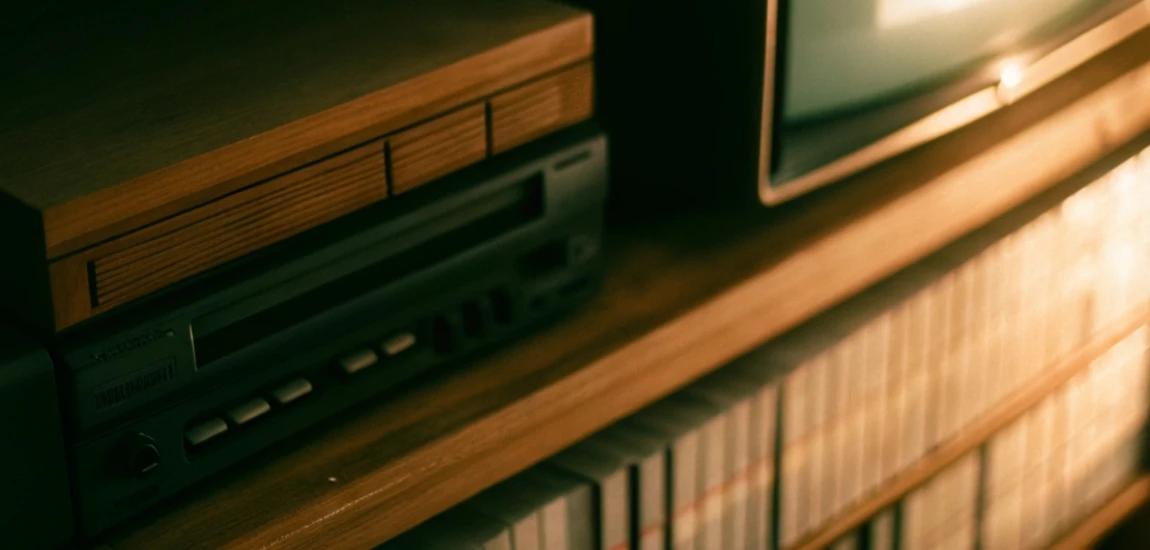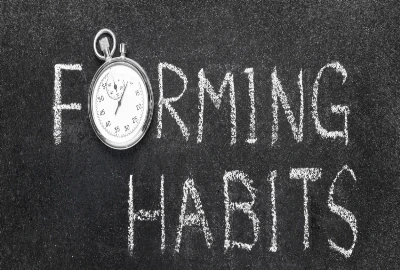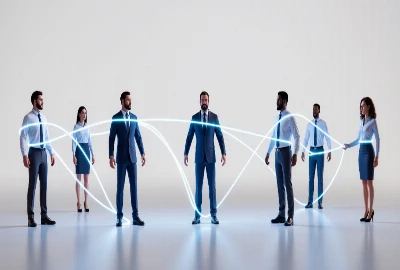Reboots, Remakes, and Nostalgia Culture: Why Familiar Stories Dominate Entertainment

Nostalgia is no longer just a fleeting emotion; it has become one of the most powerful forces shaping modern entertainment. Over the past two decades, Hollywood and streaming platforms have leaned heavily on reboots, remakes, and sequels to keep audiences engaged. This reliance is not accidental—it taps into viewers’ desire for familiarity in an uncertain world.
Comfort in Familiarity
Audiences often crave comfort, and nothing delivers it quite like the shows and movies they grew up with. Reboots allow them to reconnect with beloved characters while introducing them to new generations.
The Power of Shared Memories
Reboots also thrive because they evoke collective memories. Watching a remake of a childhood favorite becomes a shared cultural moment, strengthening its popularity.
Nostalgia as an Escape
In times of political turmoil or social upheaval, nostalgia-driven content provides escapism. Familiar stories feel safe, allowing viewers to retreat into worlds they already know and love.
Why Hollywood Loves Reboots and Remakes

Hollywood is a business, and nostalgia culture is profitable. Studios prefer the certainty of a familiar brand over the risks of launching an original concept.
Built-In Audiences
A reboot comes with a pre-existing fan base, reducing marketing costs and increasing the likelihood of box office success.
Brand Recognition
Established titles like The Lion King or Ghostbusters already have cultural cachet, making them safer bets for investors.
Merchandise and Spin-Off Potential
Reboots often come with merchandise opportunities, from toys to theme park attractions, adding layers of revenue beyond ticket sales or streaming subscriptions.
The Difference Between Reboots, Remakes, and Revivals

Though often used interchangeably, these terms describe different approaches to nostalgia-driven storytelling.
Reboots
A reboot typically reimagines an existing franchise, often changing characters, tone, or even plotlines to modernize it. For example, Batman Begins gave audiences a darker take on the superhero.
Remakes
A remake tells the same story with updated visuals, technology, or casting choices, such as Disney’s live-action Beauty and the Beast.
Revivals
Revivals continue the story from where it left off, often bringing back original actors. Fuller House is a prime example, targeting both old and new viewers.
Nostalgia Culture in the Streaming Era

Streaming platforms have intensified the demand for reboots and remakes, as they compete for subscribers and cultural relevance.
Content Libraries as Assets
Platforms like Netflix and Disney+ rely on familiar titles to retain audiences. A new version of a classic series helps boost engagement.
Binge-Watching Nostalgia
Streaming allows fans to rewatch old favorites before diving into reboots, creating a seamless nostalgic experience.
Global Accessibility
Streaming makes reboots accessible worldwide, expanding the audience for franchises beyond their original markets.
The Psychology of Nostalgia and Viewer Behavior

Nostalgia is more than sentiment—it’s science. Studies show that recalling past experiences triggers positive emotions, making people more receptive to familiar entertainment.
Emotional Connection
Revisiting old stories helps people relive happy times, which explains why nostalgic content often performs well during stressful periods.
Identity and Belonging
Nostalgia reinforces personal identity and connects individuals to broader cultural groups, strengthening fan loyalty.
Predictability and Safety
In a rapidly changing world, audiences find comfort in predictable narratives, even if they’ve seen them before.
The Double-Edged Sword of Nostalgia Culture

While nostalgia can be profitable and comforting, it also comes with risks. Audiences are not always forgiving when beloved stories are altered.
Creative Limitations
Reboots may restrict innovation, as studios recycle familiar ideas instead of investing in new ones.
Audience Fatigue
Too many remakes can lead to diminishing returns, as audiences tire of repetitive storytelling.
High Expectations
Fans hold nostalgic franchises to impossible standards, making it difficult for reboots to satisfy everyone.
Successful Reboots and Remakes That Worked

Not all reboots are failures. Some have become cultural phenomena, proving that nostalgia can coexist with innovation.
Mad Max: Fury Road
This reboot revitalized an old franchise with bold visuals and strong performances, winning critical acclaim and commercial success.
Star Wars: The Force Awakens
By blending old characters with new storylines, this revival reignited one of the world’s biggest fandoms.
It
Stephen King’s horror classic was successfully reimagined, drawing both fans of the original and new viewers.




